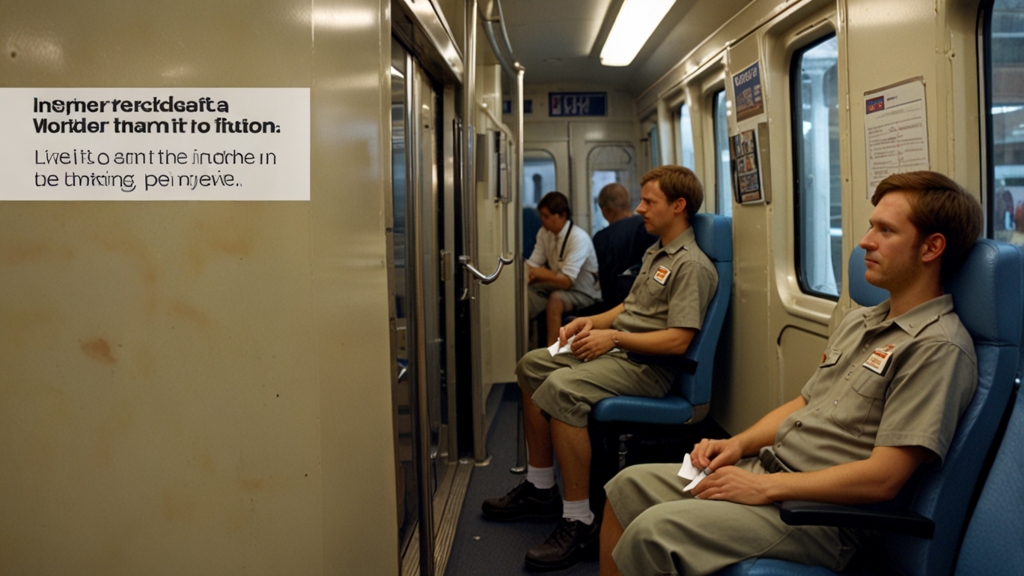Exodus and Identity: How Migration Reshapes Us
Migration has been a constant throughout human history, an intrinsic part of our collective and individual narratives. Whether driven by the pursuit of economic opportunities, escape from conflict, or the yearning for a better life, the movement of people across borders and boundaries fundamentally reshapes identities, both for those who migrate and the societies they join. Understanding this transformative process sheds light on how migration influences cultural, social, and personal dimensions of identity.
The Intersection of Migration and Identity
Migration entails a journey from one set of familiarities to another, often unfamiliar, environment. This transition is not merely geographical but cultural and emotional. The Kurdish poet, Jalal Barzanji, eloquently puts it,
"Exile is more than geographical distance. It's the severing of the emotional bonds that ground us."Indeed, leaving behind the fabric of one's original community involves a complex adjustment process where the sense of self is redefined.
Cultural Adaptation and Blend
On arriving in a new country, migrants are often faced with the challenge of integrating into a different societal framework. This selective adaptation means blending aspects of the old and new cultures, creating an evolving, hybrid identity. This phenomenon can be seen in diasporic communities worldwide, where traditional customs and practices are preserved while adopting host country elements. The Latino communities in the United States, for instance, maintain vibrant cultural traditions such as Día de los Muertos while embracing American holidays like Thanksgiving.
As individuals navigate their new environments, language acquisition, employment, and social networks become vital arenas where identity is negotiated. The struggle to maintain a connection to one's native language while mastering a new one exemplifies the broader, complex interplay of maintaining a sense of self while adapting to new cultural norms.
Personal Growth and Transformation
The personal transformation experienced through migration is multifaceted. For some, the process can be empowering, fostering resilience and self-reliance. For others, it can be disorienting, marked by a sense of loss and dislocation. Over time, however, many migrants find a new equilibrium, where their identity incorporates aspects of both their heritage and the new cultural milieu.
"We must acknowledge the courage it takes to move from familiar grounds to unfamiliar territories. Migration is an act of hope and adaptation,"muses sociologist Martha Delgado. This duality captures the essence of how migration can be both a challenging and enriching experience.
Impact on Host Societies
Migrants also play crucial roles in reshaping the identity of host societies. The cultural exchange that occurs as people from diverse backgrounds interact often leads to a richer, more vibrant social landscape. The infusion of new ideas, customs, and cuisines can enliven and diversify the cultural repertoire of the host country. Moreover, migrants contribute economically, socially, and politically, often revitalizing communities and addressing labor shortages.
Conclusion
As migration continues to be a significant global phenomenon, its impact on identity will remain a critical area of study. For both the migrants and their new countries, the intersection of diverse identities fosters a dynamic and ever-evolving social fabric. Whether through the preservation of cultural heritage, adaptation to new social norms, or the blending of multiple identities, migration not only reshapes individual lives but also molds the collective identity of societies, making the world a richer and more interconnected place.








